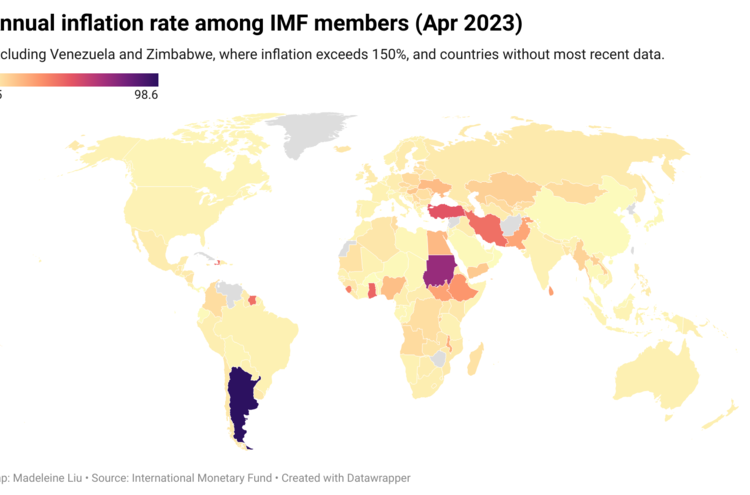Your essential guide to salvaging your finances after a layoff
- Secure healthcare coverage
- Make the most of severance packages
- Apply for unemployment benefits
- Re-evaluate your budget
- Don’t touch retirement savings
- Pursue new revenue streams
- Exercise company stock options
- Stay in touch with HR at your old company
- Eliminate optional spending
- Tap into emergency savings
Almost two million people in the U.S. get laid off every month, and it’s important to take the right financial steps to navigate this challenging time. Here are 10 critical actions to consider: 1. Secure healthcare coverage by exploring options like COBRA or the Affordable Care Act. 2. Make the most of severance packages by saving the money in a high-yield savings account. 3. Apply for unemployment benefits to help with your cash flow. 4. Re-evaluate your budget and cut back on unnecessary expenses. 5. Avoid touching your retirement savings to preserve long-term wealth. 6. Pursue new revenue streams, such as part-time jobs or gig work. 7. Exercise company stock options before they expire. 8. Stay in touch with HR at your old company for assistance with benefits. 9. Eliminate optional spending and avoid big purchases. 10. Tap into emergency savings if you have built an emergency fund. By following these steps, you can better manage your finances and navigate the challenges of a layoff.
Factuality Level: 3
Factuality Justification: The article provides practical advice on what to do after being laid off, such as securing healthcare coverage, making the most of severance packages, applying for unemployment benefits, re-evaluating the budget, and pursuing new revenue streams. The information provided is relevant and helpful for individuals facing unemployment. However, the article lacks depth and could benefit from more detailed explanations or examples to support the advice given. Additionally, the article contains some unnecessary background information and details that are tangential to the main topic, such as the mention of the author’s previous work experience and where her writing is featured.
Noise Level: 3
Noise Justification: The article provides practical advice on how to handle a layoff, including securing healthcare coverage, making the most of severance packages, applying for unemployment benefits, re-evaluating budget, not touching retirement savings, pursuing new revenue streams, exercising company stock options, staying in touch with HR, eliminating optional spending, and tapping into emergency savings. The information is relevant and actionable, focusing on financial strategies during a challenging time.
Financial Relevance: Yes
Financial Markets Impacted: No
Presence Of Extreme Event: No
Nature Of Extreme Event: No
Impact Rating Of The Extreme Event: No
Rating Justification: The article discusses financial topics such as layoffs, severance packages, unemployment benefits, budgeting, and retirement savings. However, there is no mention of any extreme events or their impact.
Public Companies: Uber (UBER), DoorDash (DASH)
Key People: Sean Lovison (Certified Financial Planner at Purpose Built Financial Services), Patrick Whalen (Certified Financial Planner at Whalen Financial Planning), Kiersten Peshek (Certified Financial Planner at Citrine Capital), Carla Adams (Certified Financial Planner at Ametrine Wealth), Eric Roberge (Certified Financial Planner and founder of Beyond Your Hammock), Bradley Hilton (Certified Financial Planner at Sonas Financial Planning)
Reported publicly:
 www.marketwatch.com
www.marketwatch.com 





